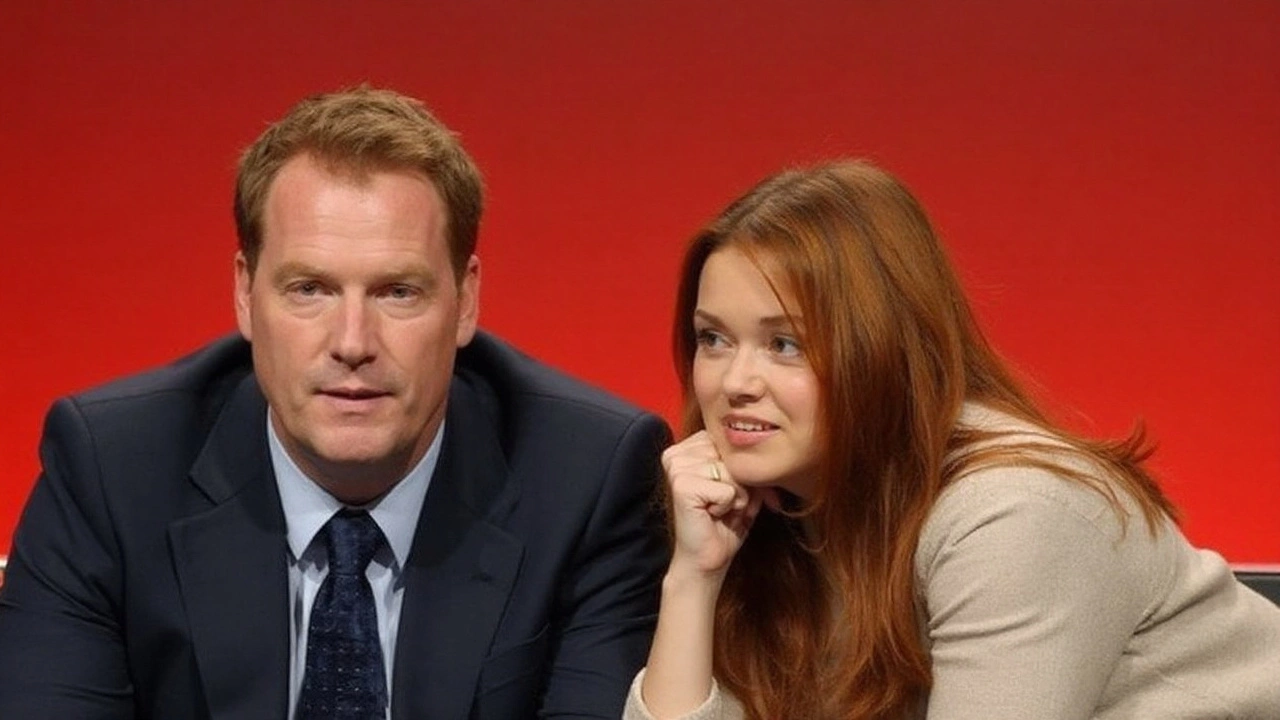Angela Rayner – What’s Happening Now?
Angela Rayner has been a household name in British politics for several years. Whether you follow the news daily or just catch the headlines, you’ve probably seen her talking about education, workers' rights, or the economy. This page pulls together the most useful, up‑to‑date information about her work, her background, and why voters pay attention to her comments.
Her Political Journey
Rayner started out as a trade union representative before stepping into Parliament in 2015. She quickly moved up the Labour ranks, landing the role of Deputy Leader in 2020. That jump gave her a bigger platform to push for policies she believes in, like better pay for low‑income workers and more funding for schools. Her story resonates with many because she talks about growing up in a working‑class family and the challenges that come with it.
Since becoming Deputy Leader, she’s also taken on the title of Deputy Prime Minister in the current government. In that capacity, she helps coordinate the party’s response to major issues – from climate change to the cost‑of‑living crisis. Her background in union work shows in how she frames debates: she often emphasizes fairness and collective bargaining.
Current Focus and Controversies
Right now, Rayner is front‑and‑center on education reform. She’s pushing for smaller class sizes, higher teacher pay, and free meals for all primary pupils. Critics say her plans could cost billions, but she argues that investing in kids pays off in the long run. She’s also vocal about mental health support for students, a topic that’s gaining more traction after recent youth surveys.
Another hot topic is her stance on workers’ rights. Rayner backs a “living wage” that’s higher than the current national minimum. She’s championed legislation to make it easier for gig‑economy workers to claim employment rights. Some business groups argue it could hurt small firms, while her supporters claim it’s a step toward a fairer economy.
Controversy isn’t new for her either. Earlier this year, a leaked interview hinted at internal disagreements within Labour over the next election strategy. Rayner defended the party’s unity, saying a strong, consistent message is key. The episode sparked a flurry of articles and social‑media commentary, showing how closely the public watches her words.
What ties all these issues together is Rayner’s direct communication style. She often skips the jargon, talks straight to the voter, and uses real‑life examples. That approach has earned her both praise and criticism, but it undeniably keeps her in the public eye.
If you’re trying to understand today’s UK political landscape, keeping tabs on Angela Rayner is a good move. Her positions on education, wages, and social welfare often signal where the Labour Party is heading. Follow her statements, watch her interviews, and you’ll get a clearer picture of the policies that could shape the next few years.
- September 7, 2025
- Comments 0
- Politics
